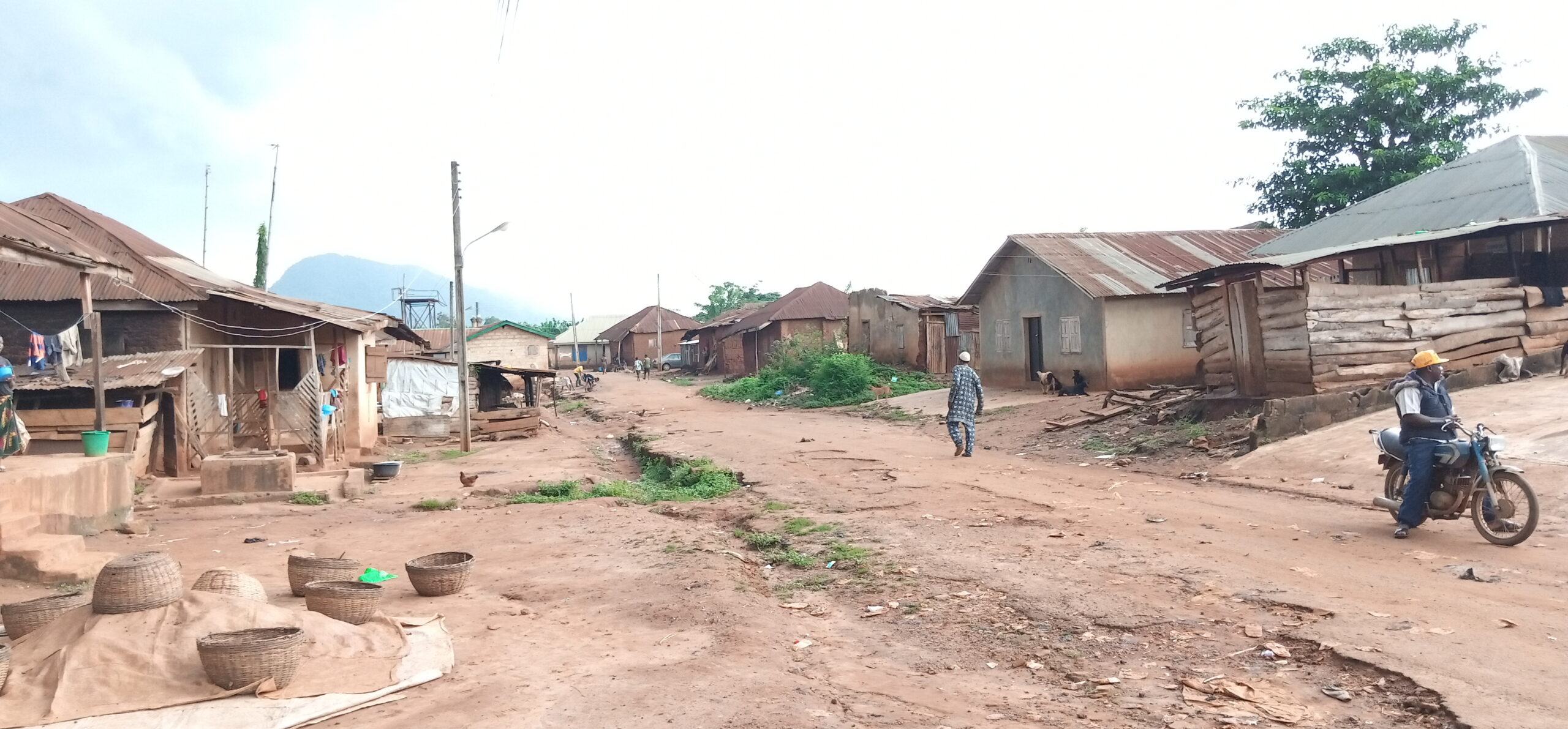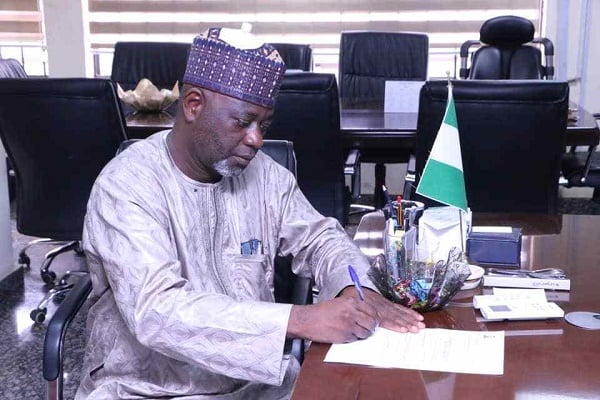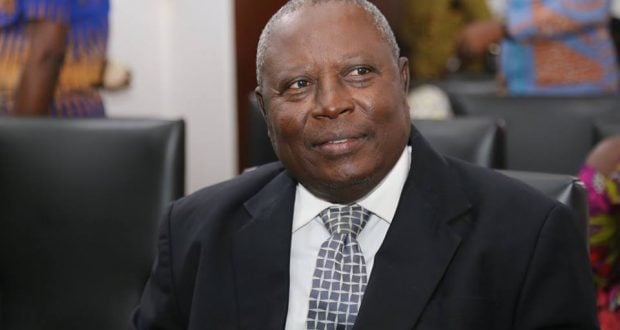Tons of gold is smuggled out of Nigeria to meet the high demands of the thriving market in the United Arab Emirates (UAE) with no remittances to the federal government, while host communities where the precious metals are mined are battling with environmental pollution and lack of social amenities. In the second of this two-part report (you can read first part here), TAIWO ADEBULU examines how the $500 million unpaid tax from the illicit trade can better the lives of residents of the communities if the sector is properly regulated.
As one veers the tarred road linking Ile-Ife and Ifewara to face the tiny path leading to Obalayan village, an agrarian community in Ife east local government area of Osun state, it appears as though one departs average modernity to the prehistoric era. The untarred track, dotted with sharp bends, hilly curves and wet green blades of grass on the sideways, leads to a rustic settlement of less than a thousand occupant living in mud houses with rusty brown roofs.
Though Obalayan is devoid of social amenities, it is nonetheless blessed with abundant gold deposit under its land surface; and above its rich soil lie thousands of cocoa trees, which is the major plant produced by the inhabitants, who are mostly farmers.
But life for the farmers began to take a new turn three years ago when artisanal miners invaded the village and neighbouring communities to scout for gold. The forceful invasion of their farmlands usually leaves a trail of devastation and hunger. With no help in sight to curb the activities of the encroachers, who move from one farm to the other to wreak havoc, the farmers have resigned to fate.
Advertisement
Sunday Adewoyin, a 53-year-old traditional title holder in Obalayan, said despite the huge amount of gold being extracted from their farms, the miners and their sponsors have not deemed it fit to do anything for the community.
“When you report them to the police, they will direct you to the palace. When you get to the palace in Ile-Ife, they will end up not doing anything about it. Yet, the miners keep digging deep pits and canals across our farms. No compensation is paid and the community is not gaining anything from what they are taking out of it,” Adewoyin said.
UNTOLD HARDSHIP OWING TO ABANDONED HEALTH CENTRE
Advertisement
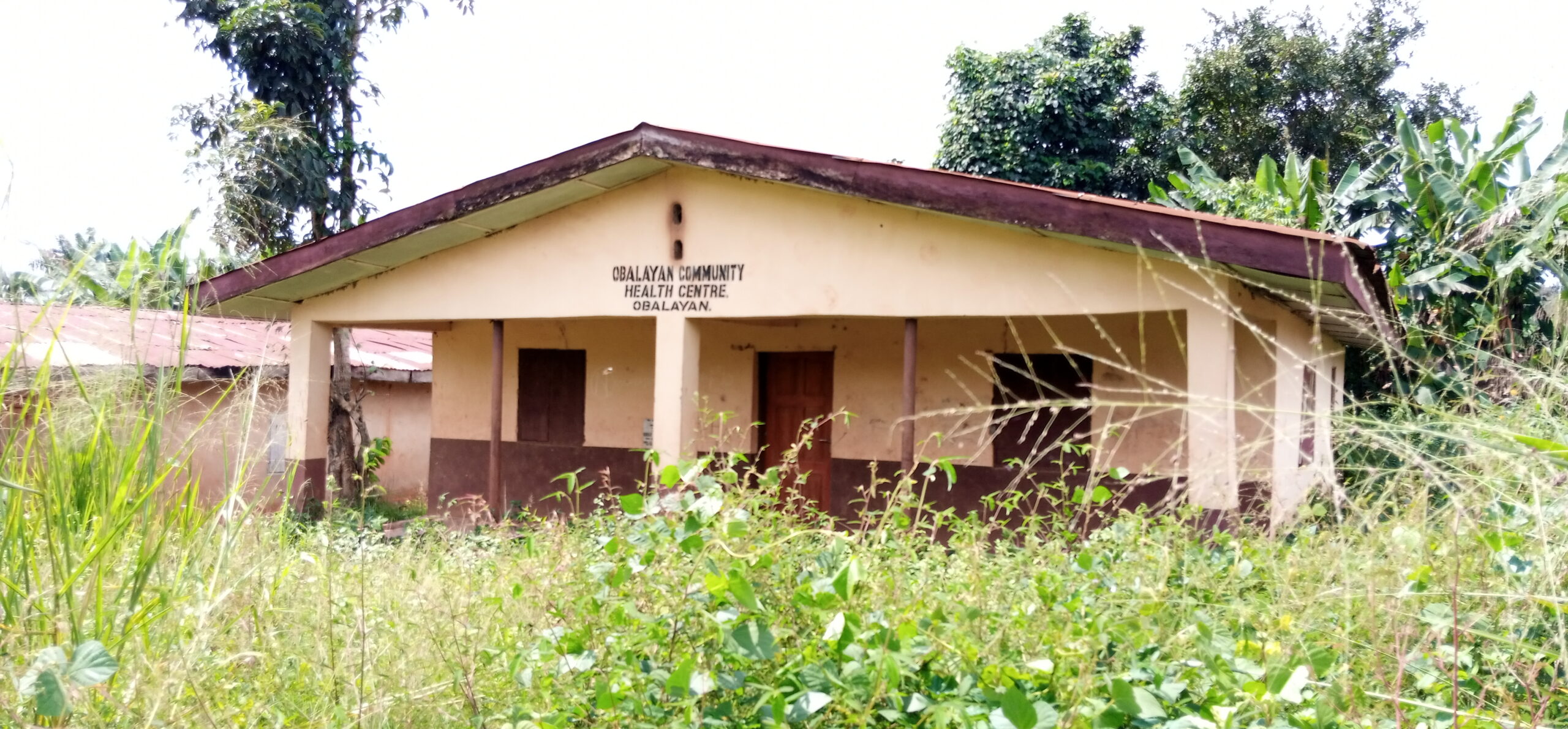
At the entrance to Obalayan is an abandoned health centre overgrown by weeds.
It was neglected two years after it was built through a communal effort to address the immediate medical needs of the residents.
“We built the health centre about 10 years ago. We engaged some people to work there. We spoke to the government to give us some medical officials, but we did not get any. So, the operations stopped after a year when we could not get any medical staff to attend to us,” Adewoyin said.
“Our pregnant women go to the main town to access ante-natal and give birth. We put the woman on a motorcycle and drive to the nearest town with a good health facility. We have no options here. If it is an emergency case, we just pray nothing happens to the person until we get medical attention.”
Advertisement
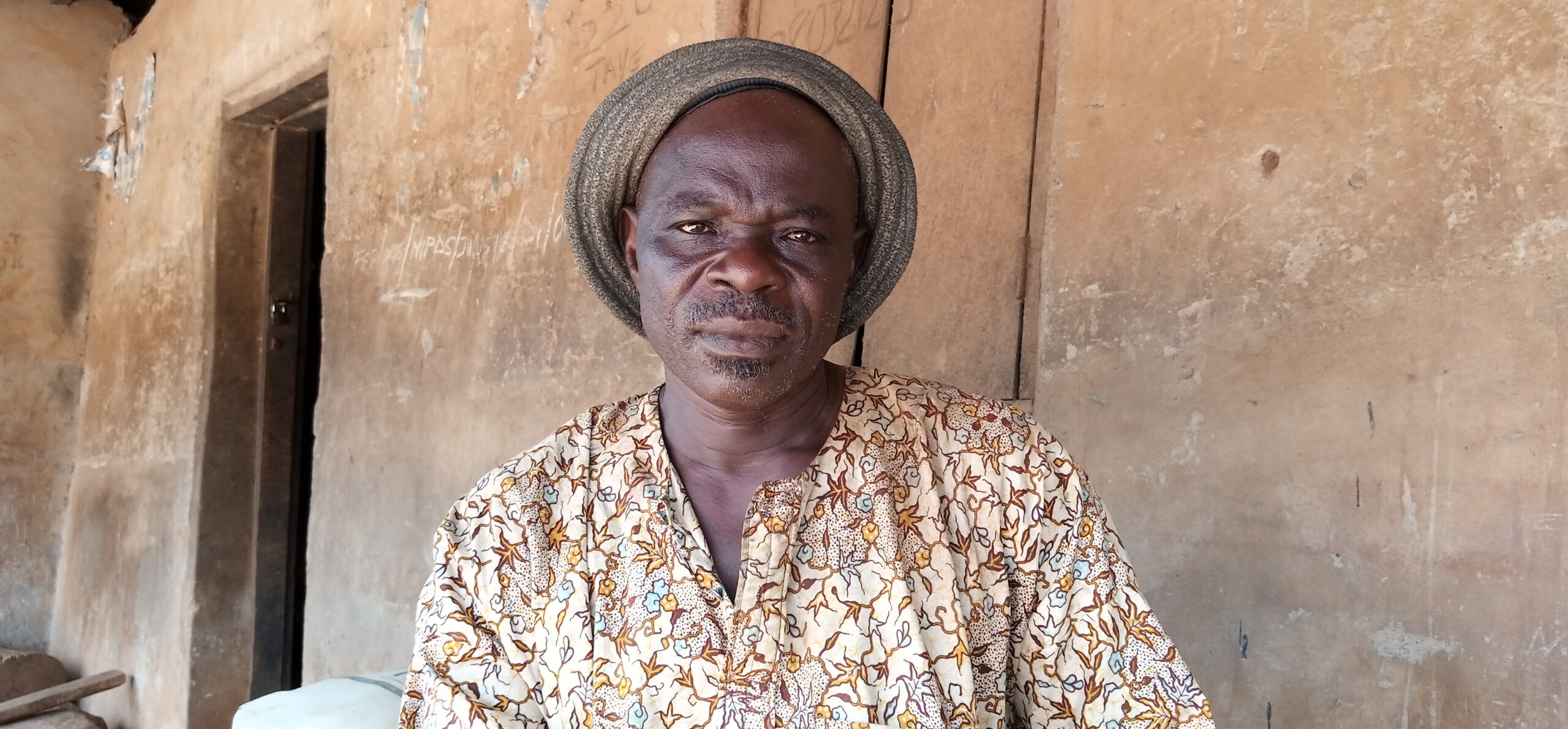
With two recently renovated hand pumps, residents no longer need to fetch water from the stream. Moreover, the stream is no longer safe to fetch water for drinking. It has been contaminated as a result of the gold mining operations in the area, which only takes place at the shore of the streams. According to the University of California science line, gold is usually found in rivers and streams because water is the most efficient/fastest way of moving rocks and minerals.
The community’s local primary school, with just one building of five classrooms, was constructed in 1976. No toilet facility, computers, library, instructional materials or first aid box. Matthew Adeleke, a resident, said the teachers arrive by 11 am because of the tiny bad road leading to the community. When the pupils graduate from the basic school, they go to secondary schools in neighbouring towns. At Obalayan, there are no pharmacy, good roads or commercial shops.
ITAGUNMODI: HOME OF GOLD AND STRANGE FACES
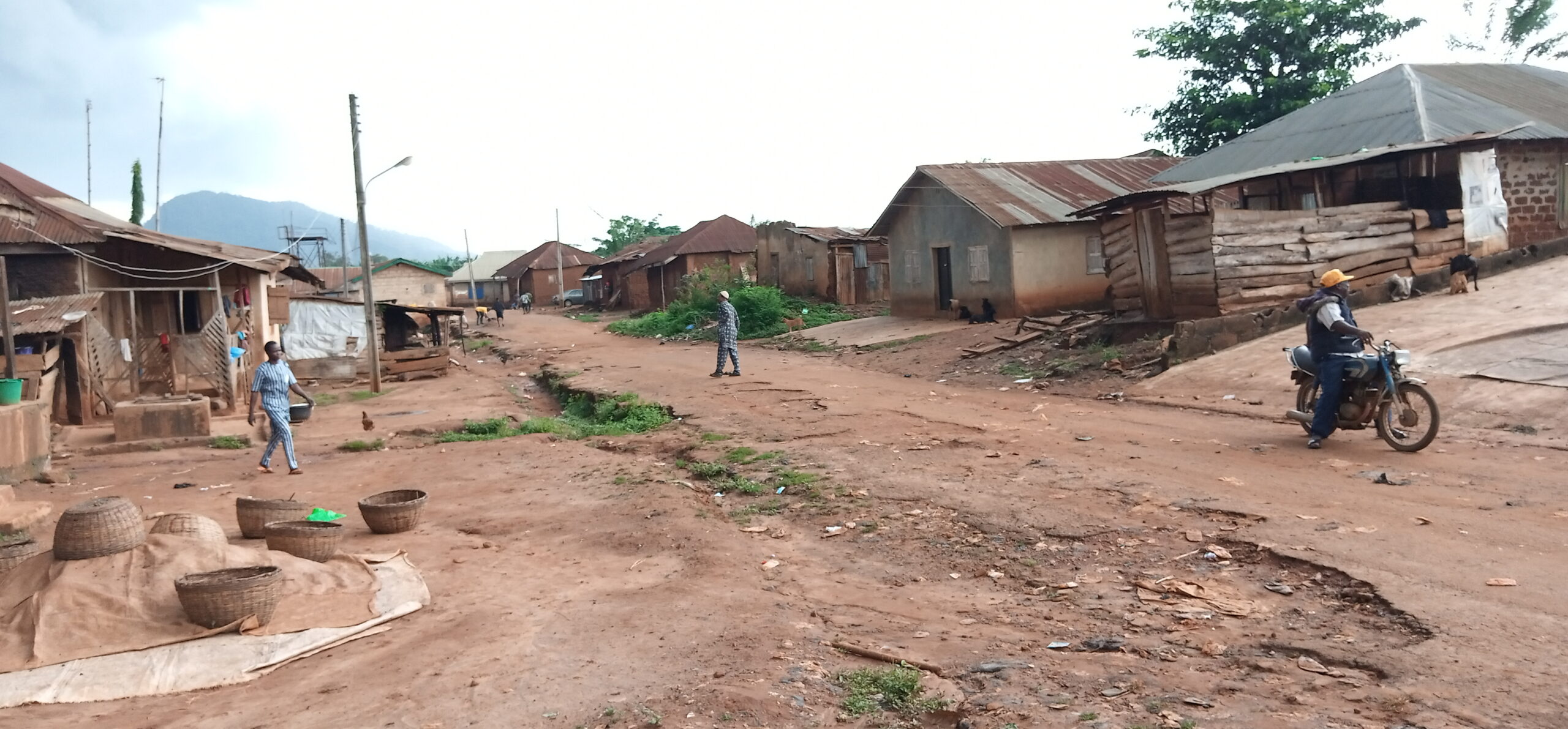
“Welcome to Itagun, the city of gold,” Jegede Olajide, the reporter’s fixer announced as soon as the vehicle snaked into the centre of the ancient town. “This used to be a sleepy town occupied by mostly cocoa farmers. But now, our town is booming. With these strange faces from the northern part of the country, Itagun no longer sleeps. They dig gold from morning till evening. Even at midnight, when the locals are snoring, they keep digging.”
Advertisement
At Itagunmodi, a small agrarian community in Osun state, gold mining operations are no longer a hidden business, despite a series of arrests carried out in the community. The “strange faces” were that of young men who migrated to the state from the northern part of the country. They are artisanal miners and have been on the job for quite a long time.
“See them everywhere. They are more than 100 in this small town. The language you’ll hear everywhere in Itagun now is Hausa, aside from residents who still speak Ijesha. They’ve become a part of us because they now live with us. And since community leaders are aware of their presence, we live peacefully,” Olajide said.
Advertisement
“Most importantly, their coming has improved small businesses which hardly get patronage in the past. When they come back from the bush where they mine gold, they stay awake at the community commercial centre till morning, buying food and all sorts of consumables.
“Itagun was not really popular until the gold venture began. Then, we began to attract more visitors. Now, our name is everywhere as far as gold is mentioned.”
Advertisement
There is a newly renovated health centre in the community. The primary and secondary schools are frail-looking and poorly-equipped. Despite the huge quantity of gold being dug out of its soil and ferried beyond the shores of the country, no special development can be pointed at in the community.
REGULATORY LOOPHOLES ROBBING GOVERNMENT OF $500M YEARLY
Advertisement
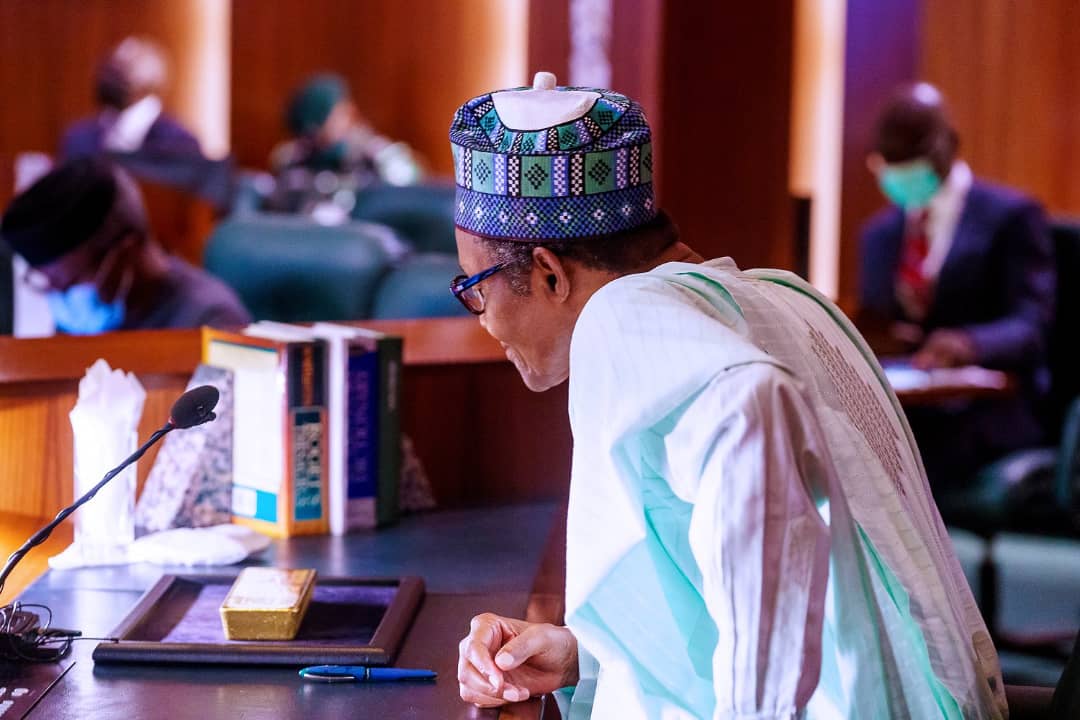
In July, during the presentation of locally-mined gold bars by the Presidential Artisanal Gold Mining Development Initiative (PAGMDI), President Muhammadu Buhari lamented that the country lost about $3 billion in six years to smuggling of the precious metal.
In other words, Nigeria loses about $500 million annually in royalties and taxes — amidst dwindling revenue as a result of the crash in oil prices.
“Improved gold mining operations to generate 250,000 jobs, $500m annually in royalties,” Buhari said.
‘‘Given our current estimated gold reserves of over 200m ounces, most of which have not been exploited, developing sustainable programmes that will catalyse increased investment in the extraction and refining of gold sourced from mines in Nigeria is indeed vital.
‘‘These operations will help in diversifying our revenue base. The sale of gold by artisanal miners and SMEs at accredited centres will help the government in realising royalties and taxes from the sale of these assets.”

However, the huge tax loss to gold smuggling has been attributed to the weak regulation of the sector. The Nigerian Minerals and Mining Regulations, 2011, clearly states that holders of mineral titles shall fulfil all obligations concerning payment of compensation to owners and occupiers of land acquired or used for mining operations. This entails any damage done to the surface of the land and compensation for removal or destruction of crops, economic trees or buildings. According to the law, the miners are also expected to meet and discuss with community leaders on the likely benefits of the town, especially in job creation and education.
But that is not the case in Obalayan. There was no consultation with the landowners. The miners paralysed agricultural activities by creating canals and deep pits, intimidating farmers with thugs and depriving them of their means of livelihood.
According to Akinade Olatunji, general secretary of the Nigerian Mining And Geoscience Society (NMGS), the enforcement of the mining law in Nigeria has been poor, hence communities where extractions are made hardly benefit anything.
“The truth is that most of the mining going on in the country are mostly illegal in nature or best artisanal where they are legal. We have robust mining acts but enforcement has been poor,” Olatunji told TheCable.
TAPPING INTO THE HUGE TAX POTENTIAL IN GOLD INDUSTRY
In addition to the PAGMDI introduced to formalise artisanal gold mining activities into the country’s legal, economic and institutional framework to prevent loss of value to gold smugglers, there is also the Segilola gold project in Osun state, while two refineries have also been licenced to produce the precious metal.
With 70 per cent of Nigeria’s revenue now derived from tax, the introduction of the Dukia Gold and Precious Metals Project, essentially aimed at creating new opportunities for properly refining the mineral to the highest international standard, will enable Nigeria trade and get more economic value for the precious metal.
In October, Uchechukwu Ogah, minister of state for mines and steel development, said the recent move by the federal government to partner with other West African countries in curbing illegal cross-border gold trade will also help the country reap maximum economic benefit from the product.
In an interview with TheCable, Peter Nwaobi, mining sector specialist at KPMG Nigeria, a global tax, audit and advisory firm, said the gold industry has the potential of providing a sustainable income source to the government in form of royalty and taxes, improve foreign exchange earnings and foreign direct investment.
“The estimated revenue of $500 million in royalties and taxes from the gold economy would have reduced the projected 2021 national budget deficit by 4%. This is significant, considering that gold is only one of the many natural resources mined in Nigeria. This reduction in the deficit also has an impact on additional government borrowings and debt servicing, which should free up future revenues,” Nwaobi said.
From Osun to Zamfara where gold is mined, communities are battling with lack of basic amenities. If the federal government succeeds in blocking the loopholes, regular tax revenue of $500 million going into the nation’s coffers annually could do a whole lot of other things in form of socio-economic development for underserved rural communities, especially ones with gold deposits. With the official conversion rate of the Central Bank of Nigeria (CBN) at N379/$1, $500 million amounts to about N190 billion.
475 FULLY-EQUIPPED MEGA SCHOOLS ACROSS THE COUNTRY
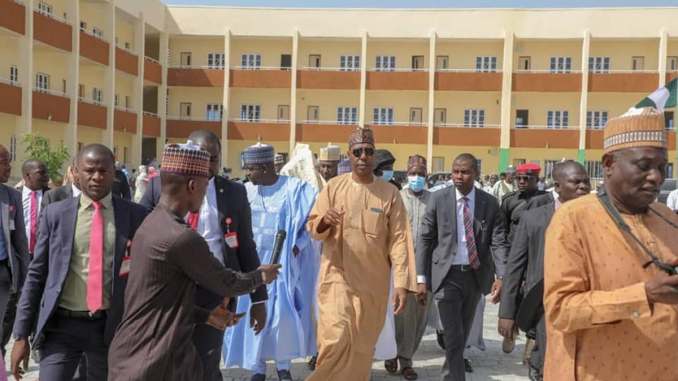
With Nigeria’s 13.2 million children currently leading the chart as the highest number of out-of-school children in the world, according to the United Nations Children’s Fund (UNICEF), N190 billion can go a long way in making changes in the education sector.
In January, Babagana Zulum, governor of Borno, approved the sum of N800 million for the construction of two new mega schools for indigent children in the state. Each mega school is designed to have two-storey buildings consisting of 60 classrooms, offices, ICT centre and furniture at the cost of N400 million each.
Ten months after, Zulum inaugurated two mega schools for 3,000 underprivileged children with modern facilities in low-income areas.
This means that with N190 billion, Nigeria can afford to construct 475 fully-equipped mega schools across the country in one year at the cost of N400 million each.
IMPROVED ACCESS TO QUALITY WATER IN DEPRIVED COMMUNITIES
According to the United Nation Children’s Fund (UNICEF), around 69 million people do not have access to safe water. For communities whose water sources have been contaminated in the process of gold mining, life becomes harder.
A study by UNICEF in 2018 added that only two out of every 10 schools in Nigeria have a basic water supply.
According to Michael Ale, national president of the Association Of Water Well Drilling Rig Owners Practitioners (AWDROP), a solar-powered water scheme is more sustainable in rural areas. He said it would cost about N6 million to install the solar water system through a government scheme.
With N190 billion, about 31,666 solar-powered water schemes can be provided across rural communities.
HEALTH CENTRES TO THE RESCUE
The fund can also boost the Nigerian health sector which is battling with poor infrastructure, poor equipment, poor funding and low staff capacity.
Using the yardstick of the zonal intervention projects of the 2019 appropriation act, it will cost about N35 million to provide a health care centre in a community and another N50 million to fully equip the facility with modern tools. In other words, N85 million could provide a new and equipped basic health centre. This will give about 2,235 basic health centres across local governments.
This way, Nigeria can curb the growing cases of child and maternal mortality as the global health statistics are not in the country’s favour. The World Health Organisation (WHO) says nearly 20 per cent of all global maternal deaths happen in Nigeria. “In fact, a Nigerian woman has a 1 in 22 lifetime risk of dying during pregnancy,” the WHO said.
EIGHT ICT CENTRES IN EACH LG FOR DEVELOPMENT OF SCIENCE
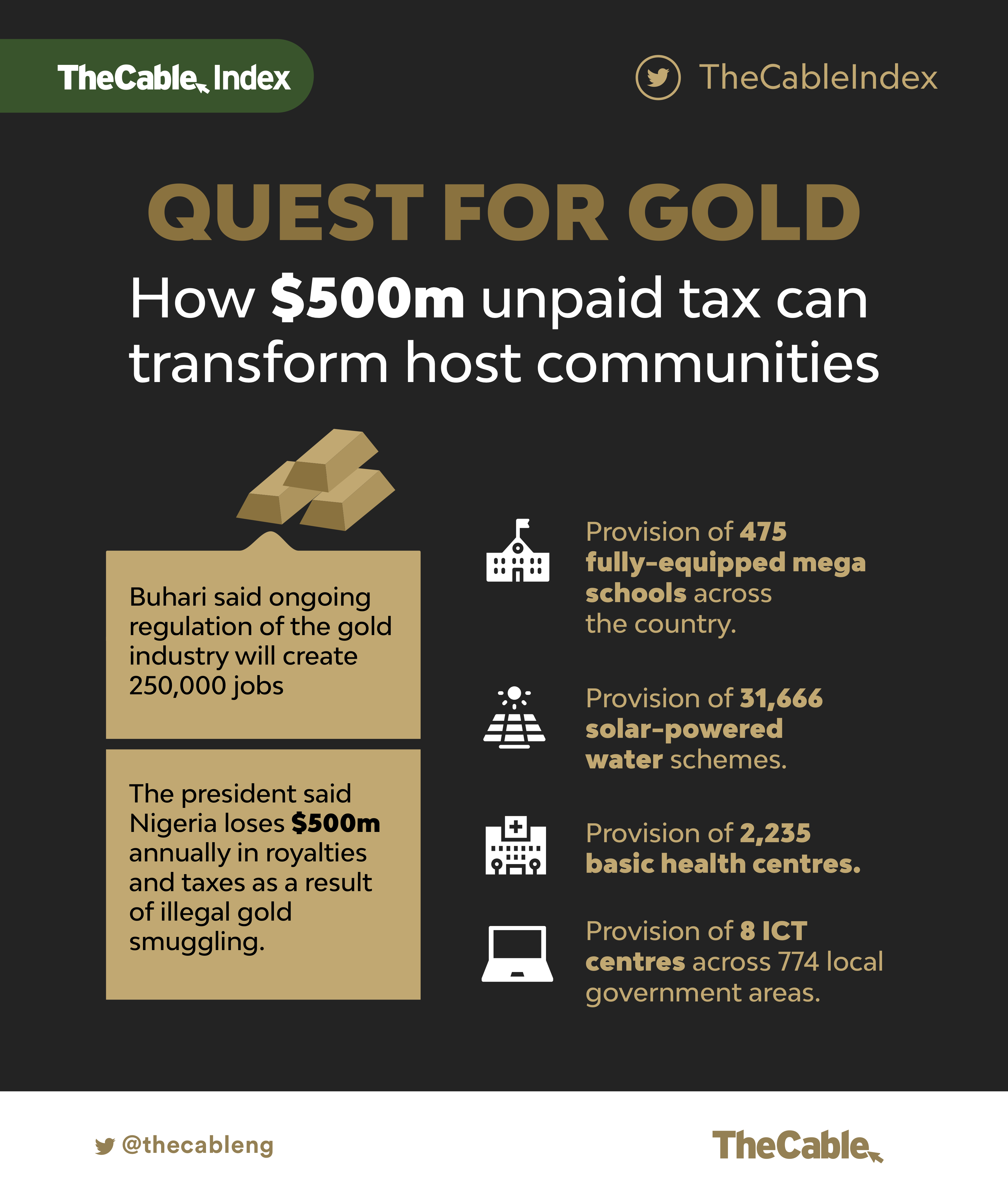
The 2019 appropriation act also puts the cost of constructing an information and communications technology (ICT) centre at N30 million. The government can provide about 6,333 of the facility in underserved areas in order to improve the development of science and technology in the country.
By implication, each of Nigeria’s 774 local government areas can boast of at least eight ICT centres.
Also, if the gold industry is efficiently regulated, such additional tax income can help the government construct good access roads to some of the rural communities where these mineral resources are extracted as it will easily connect farmers to the markets outside their remote locations.
This report was published as part of the Budgit/Civic Hive Media Fellowship 2020. Published materials are not views of BudgIT/Civic Hive.
Add a comment

